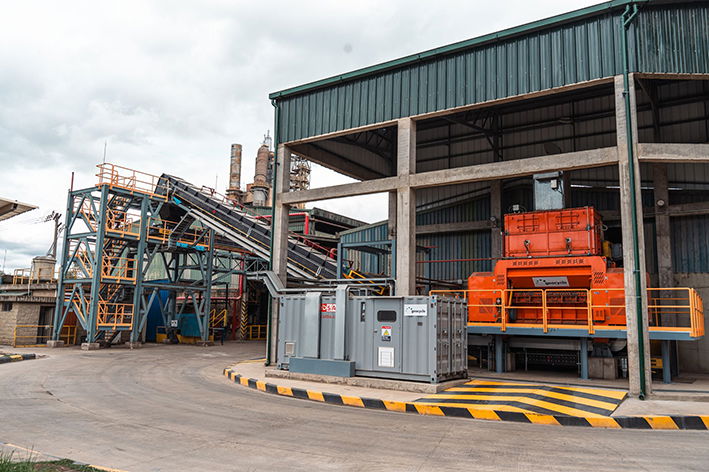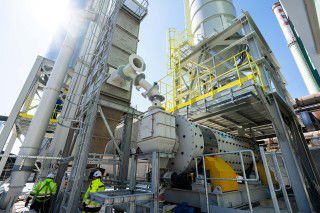Holcim Colombia and its waste management arm, Geocycle, have completed a US$2m upgrade of their co-processing platform in Nobsa, Boyacá. The modernised system will enable the transformation of more than 100,000t of waste per year into alternative fuels for cement production.
The project, which took eight months to complete after more than a year of planning, includes a high-capacity shredder capable of processing over 10t of waste per hour, a new transfer system, and a modern dosing unit that can feed up to 20t of alternative fuels per hour into the Nobsa cement kiln.
These upgrades are expected to significantly boost the plant’s thermal substitution rate—raising it from the current 40 to over 70 per cent by 2030. The alternative fuels will be sourced from materials such as paper, cardboard, plastics, and biomass.
By reducing reliance on fossil fuels, the initiative will also cut CO2 emissions and divert a substantial amount of waste from landfills. According to Colombia’s National Administrative Department of Statistics (DANE), the country generated more than 30Mt of waste in 2021, of which 96 per cent ended up in landfills—many of which are nearing capacity.
Holcim emphasised that the project relied on local contractors, reinforcing its commitment to supporting community development while advancing its sustainability goals. The company said the upgrade reflects its mission to “build better with less” and accelerate the decarbonisation of Colombia’s construction sector.

